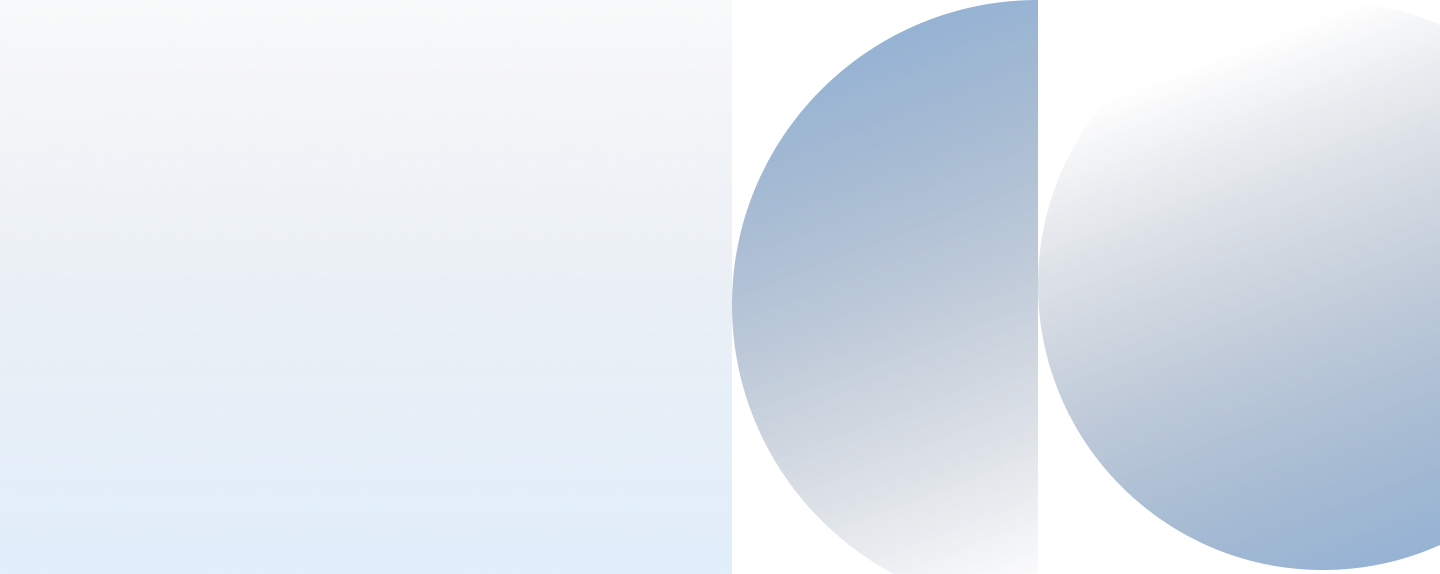
If you enrolled before the 2025/2026 academic year, consult the list of Programmes and Regulations available on your School website.
The information provided about the programme refers to the academic year 2024/25 and may be subject to change in the academic year 2025/26.
Eligibility
A Bachelor Degree in a related field. A solid knowledge in Mathematics, Chemistry, Physics, Principles of Electricity, Thermodynamics, General and Applied Mechanics, Solid Mechanics, Materials, Automatic Control is required.
Mission and goals
The general educational objective of the Master of Science in Space Engineering is that of preparing highly qualified technicians from the cultural and professional standpoint, able to carry out and manage activities related to research and design in the space sector. Master of Science graduates in Space Engineering have the skills to develop, in a complete manner, activities related to the design, analysis and verification of a space mission. In these areas the skills for specialists in the following are highlighted: mission analysis, space system thermal-structural design, design of propulsive and energy subsystems, orbital and attitude control, operations and communication with the Earth station, integration of space systems and post-launch operations.
Subjects
1ST YEAR
Orbital Mechanics, Spacecraft Structures, Spacecraft Attitude Dynamics and Control, Space Propulsion, Space Systems Engineering and Operations, Heat Transfer and Thermal Analysis.
2ND YEAR
Space Physics, Numerical Modelling of Aerospace Systems, Aerospace Technologies and Materials, Analysis and Testing of Space Structures, Telecommunication Systems, Aerothermodynamics, Applied Space Mission Analysis and Design, Launch Systems, Payload Design, Communications Skills, Graduation Thesis and Final Work.
Career opportunities
The knowledge gained through the degree in Space Engineering is suited to responsibility positions where working autonomy is required. As an example, positions offered by the space industry, research centres, private or public companies involved in the design, manufacturing and testing of space components. Furthermore, the skills and competences of the space engineer are well suited to companies involved in the design and manufacturing of products characterized by lightweight structures and autonomous operation capacity, and more in general where advanced design tools and technologies are adopted.
#ASKASTUDENT
Know more about the programme through a current student’s experience. Book your online one-to-one meeting through #Askastudent – Our voice for your choice project.
More info
Browse the programme website
Know more about the Tracks and courses and the Programme description
